President Joe Biden and former President Donald Trump have recently been the focus of investigations concerning the handling of classified documents.
The outcomes of these investigations, conducted by special counsels Robert Hur and Jack Smith, respectively, have led to contrasting conclusions. Let’s look into the nature of the documents, the rationale behind not charging Biden, the allegations against Trump, and think through the similarities and differences between the two cases.
Biden’s Classified Documents and Memos
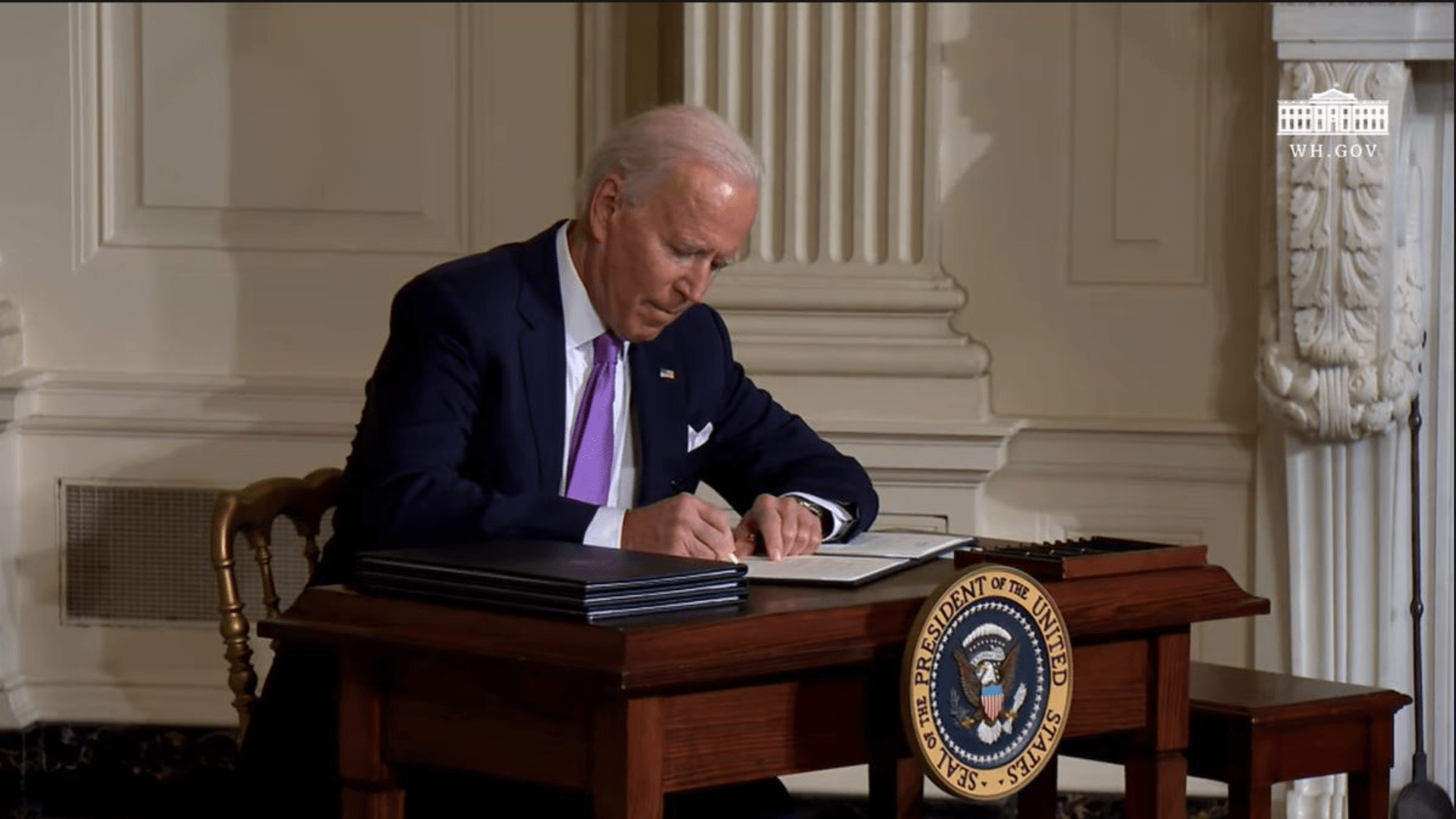
FBI agents discovered classified documents related to Afghanistan and handwritten memos in Biden’s Delaware garage.
Additionally, notebooks containing sensitive information from briefings and White House Situation Room meetings were found in his Delaware home. The notebooks included national security and foreign policy details, presenting a potential breach of classified information.
Trump’s Classified Documents at Mar-a-Lago
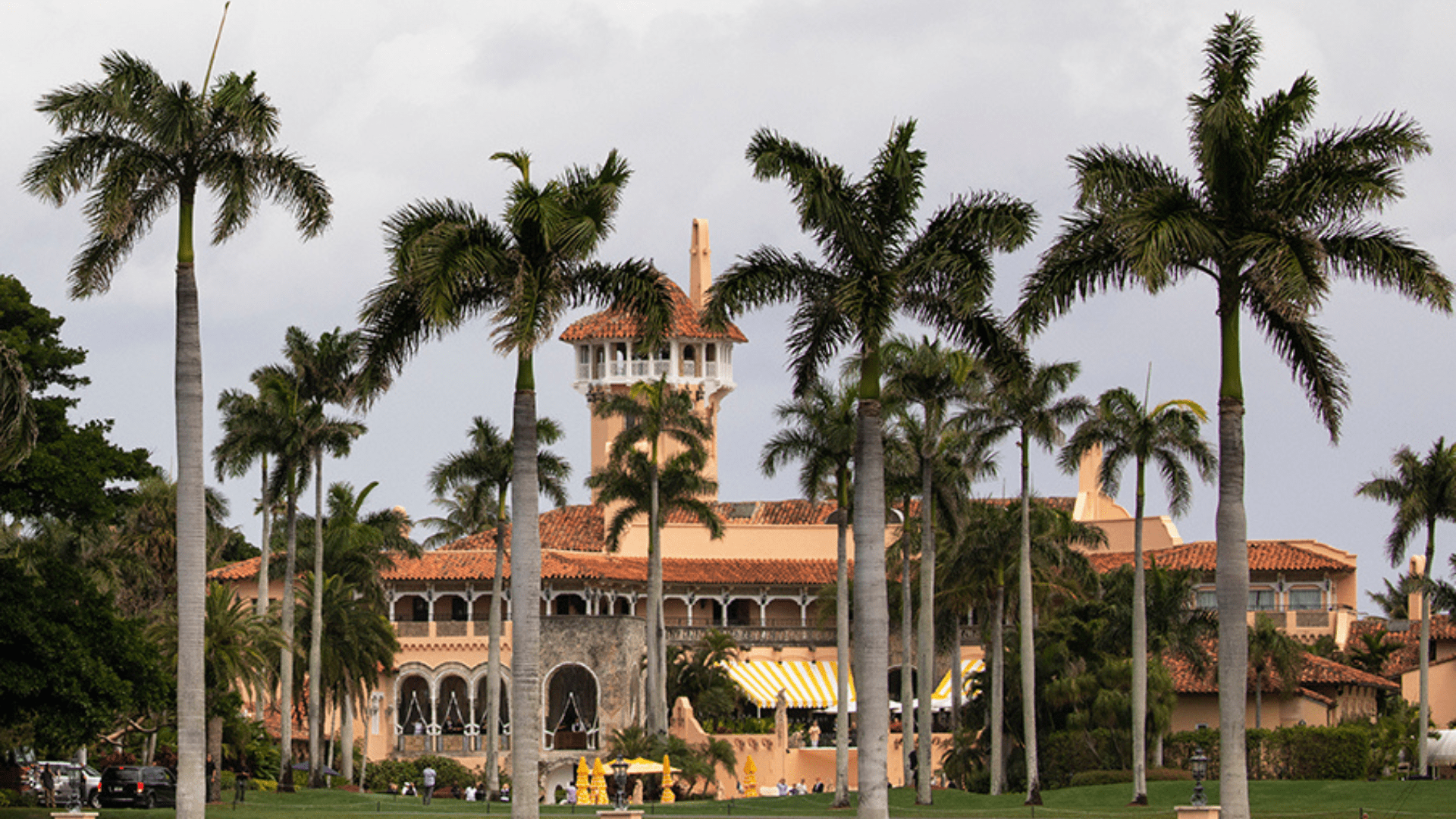
Prosecutors allege that Trump stored hundreds of classified documents at Mar-a-Lago, including information on U.S. nuclear weapons and a foreign country’s nuclear capabilities.
The indictment outlines 32 counts of willful retention of national defense information, each corresponding to a specific classified document marked “SECRET” or “TOP SECRET.”
Why Did Robert Hur Not Charge Biden?
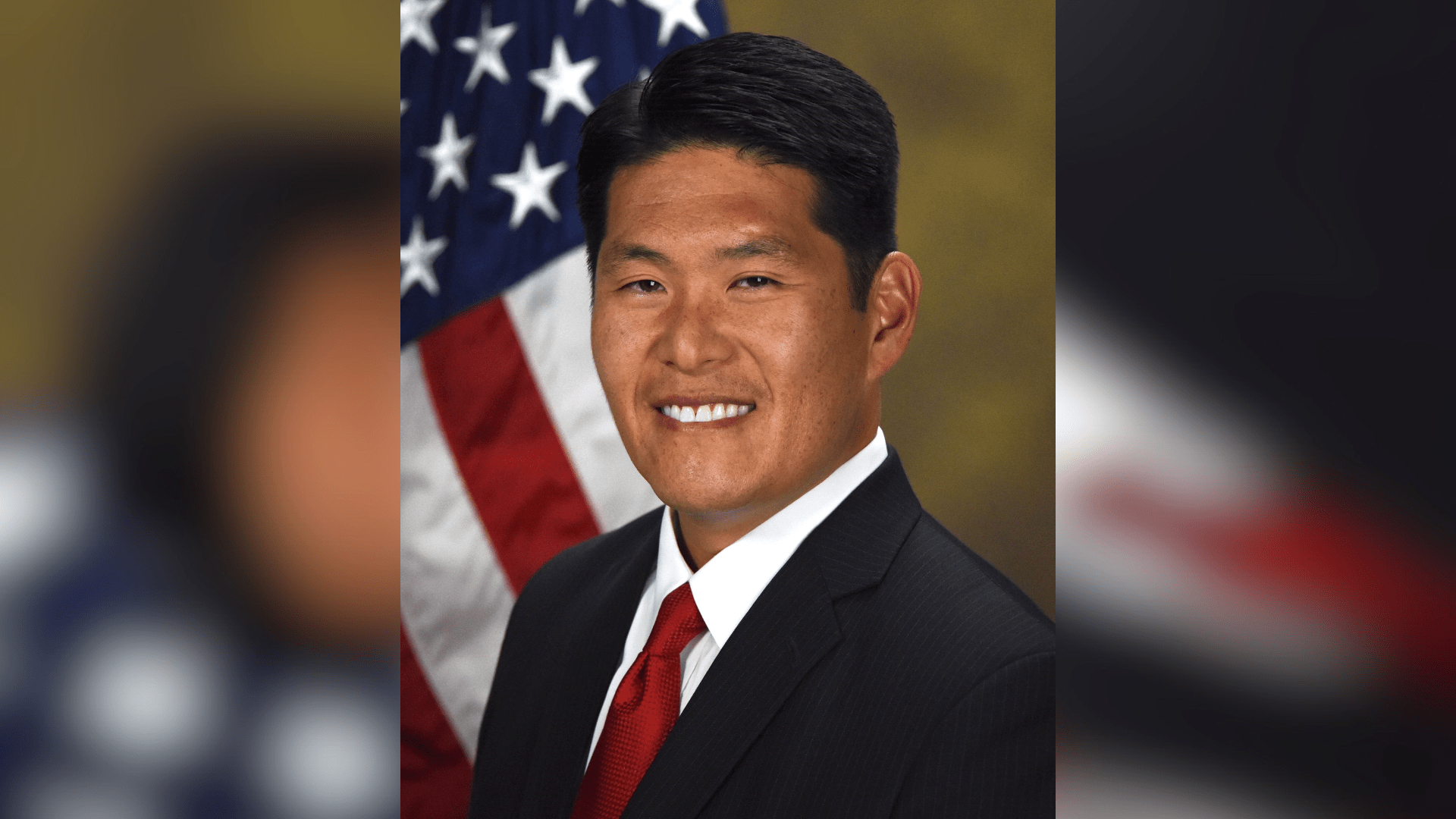
Robert Hur’s report concluded that there was insufficient evidence to convict Biden of willfully retaining the Afghanistan documents or the notebooks.
The president’s status at the time allowed him to possess the Afghanistan documents, and charging him would require relying on a 2017 comment made when he was a private citizen. Hur highlighted challenges in proving willfulness, citing Biden’s potential defense of forgetting the documents or their accidental retention in Delaware.
Hur Portrayed Biden as an Old Man with Bad Memory
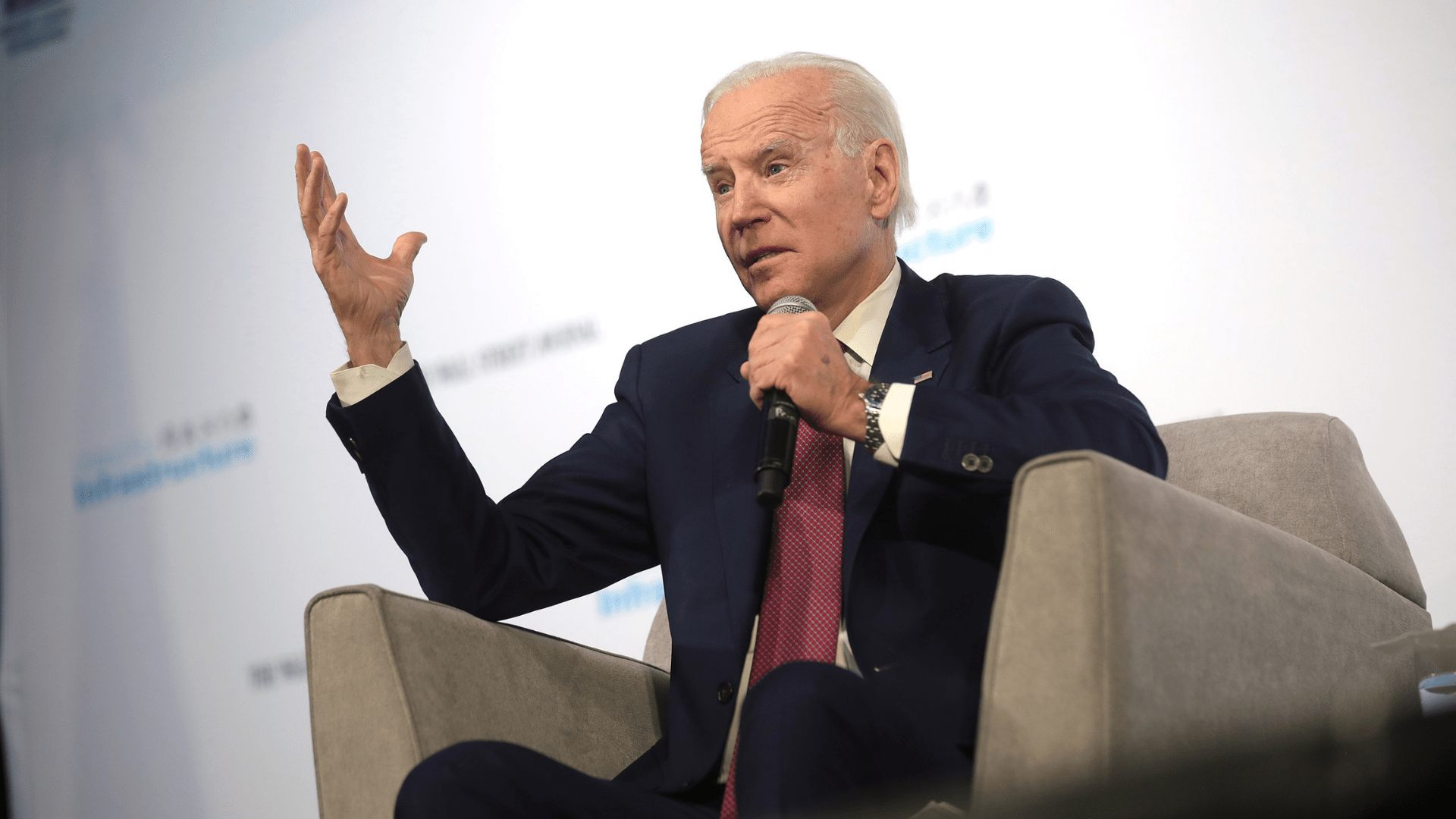
Hur also emphasized limitations in Biden’s memory and the president’s cooperation, which could sway jurors to perceive an innocent mistake.
The report portrayed Biden as an elderly man with a poor memory, making it challenging to convince a jury of a serious felony requiring a mental state of willfulness.
Biden’s History of Forgetfulness
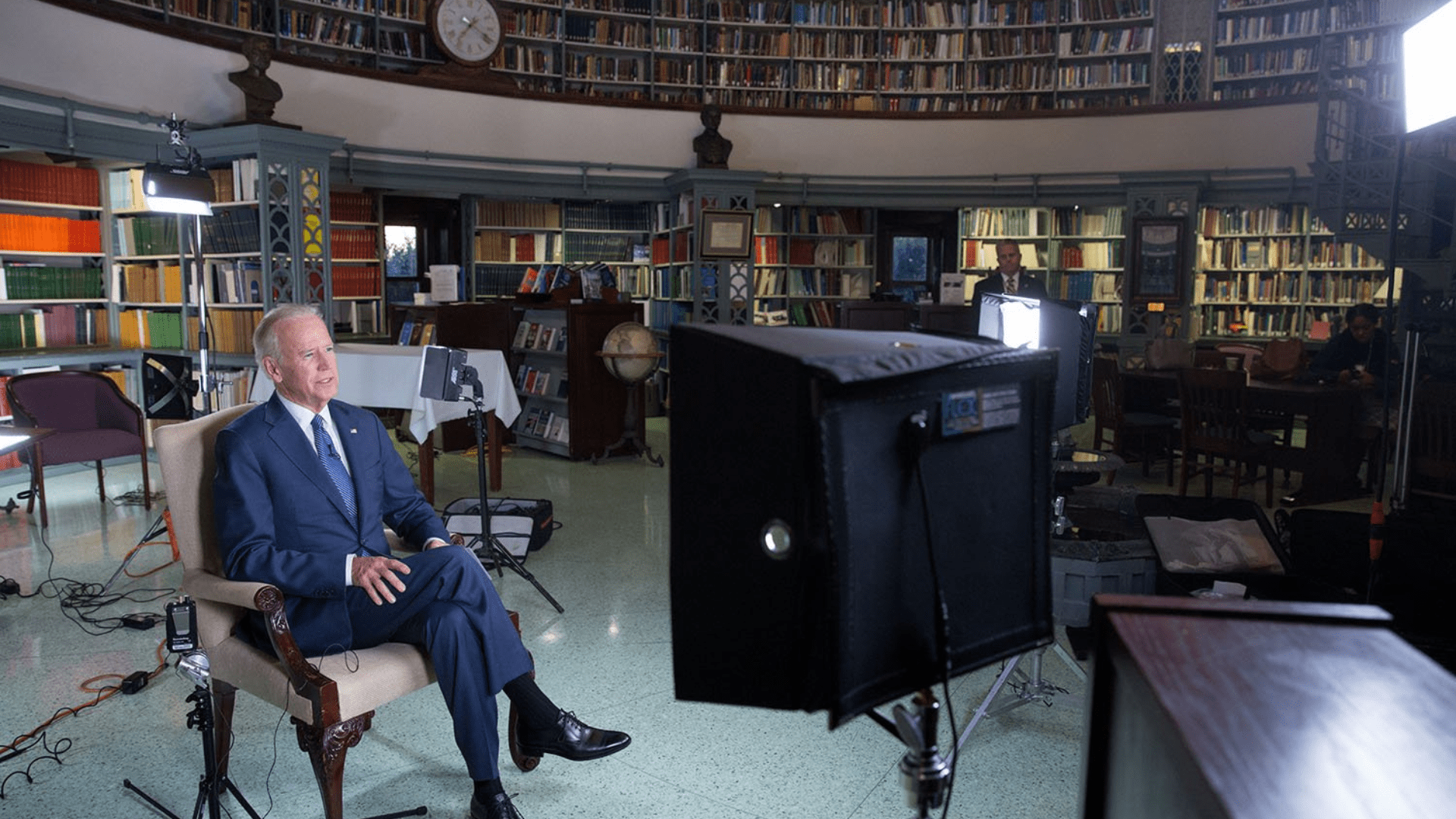
In a DOJ interview last year, President Biden displayed memory lapses, forgetting the timeline of his vice-presidential term and questioning if he was still in office in 2009.
He also struggled to recall his son Beau Biden’s death, placing it within several years of the interview conducted in 2017 (Beau died in May 2015). Biden had no memory of handing classified documents to the National Archives in 2017, indicating a lack of recollection about the content of the binders.
Neurologists Weigh in on Biden’s Bad Memory

Robert Hur’s report has sparked misconceptions about age-related cognitive changes, according to neurologists. The report highlighted instances where Biden struggled with specific timeframes and name recall.
However, experts emphasize that difficulty recalling names, especially under stress, is a common aspect of normal aging. Neurologists assert that assessing memory disorders requires professional diagnosis, and forgetting names alone doesn’t necessarily indicate significant cognitive issues. Stress and lack of sleep can affect memory regardless of age.
Biden Insisted the Notebooks Were Private Property
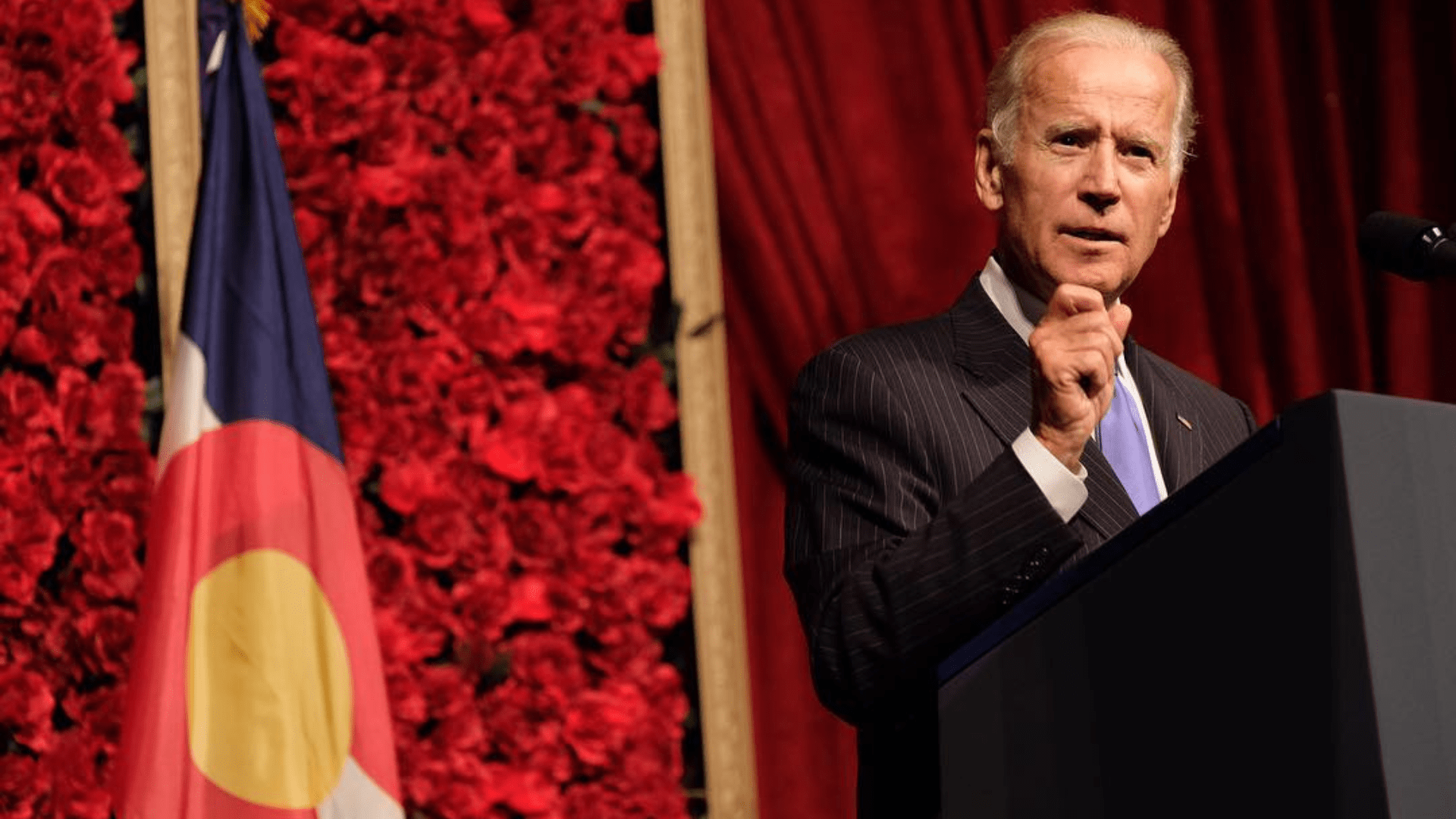
Regarding the notebooks, Hur suggested that Biden might argue they were his personal property, permissible to take home.
Biden insisted during the interview that his notebooks were his property, echoing a practice observed by previous presidents.
Did Trump Hoard and Hide Classified Documents?
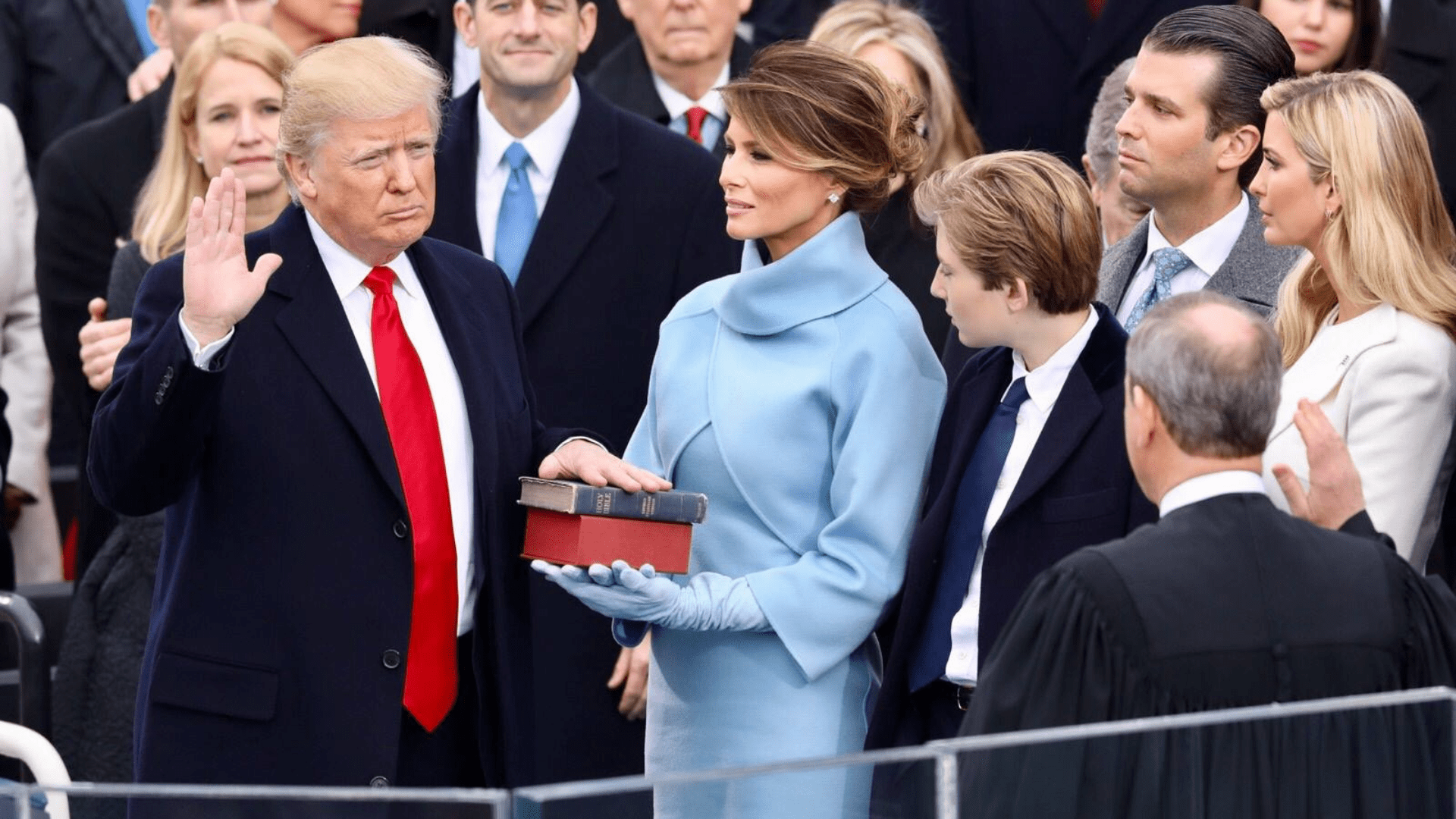
Trump faces charges of not only hoarding classified documents but also attempting to hide them, obstructing government efforts to retrieve them, and revealing them to unauthorized individuals.
Prosecutors allege that Trump actively worked against returning the documents, contrasting his behavior with Biden’s cooperation, voluntary interviews, and permission for searches of his residences.
Differences Between Trump and Biden’s Cases
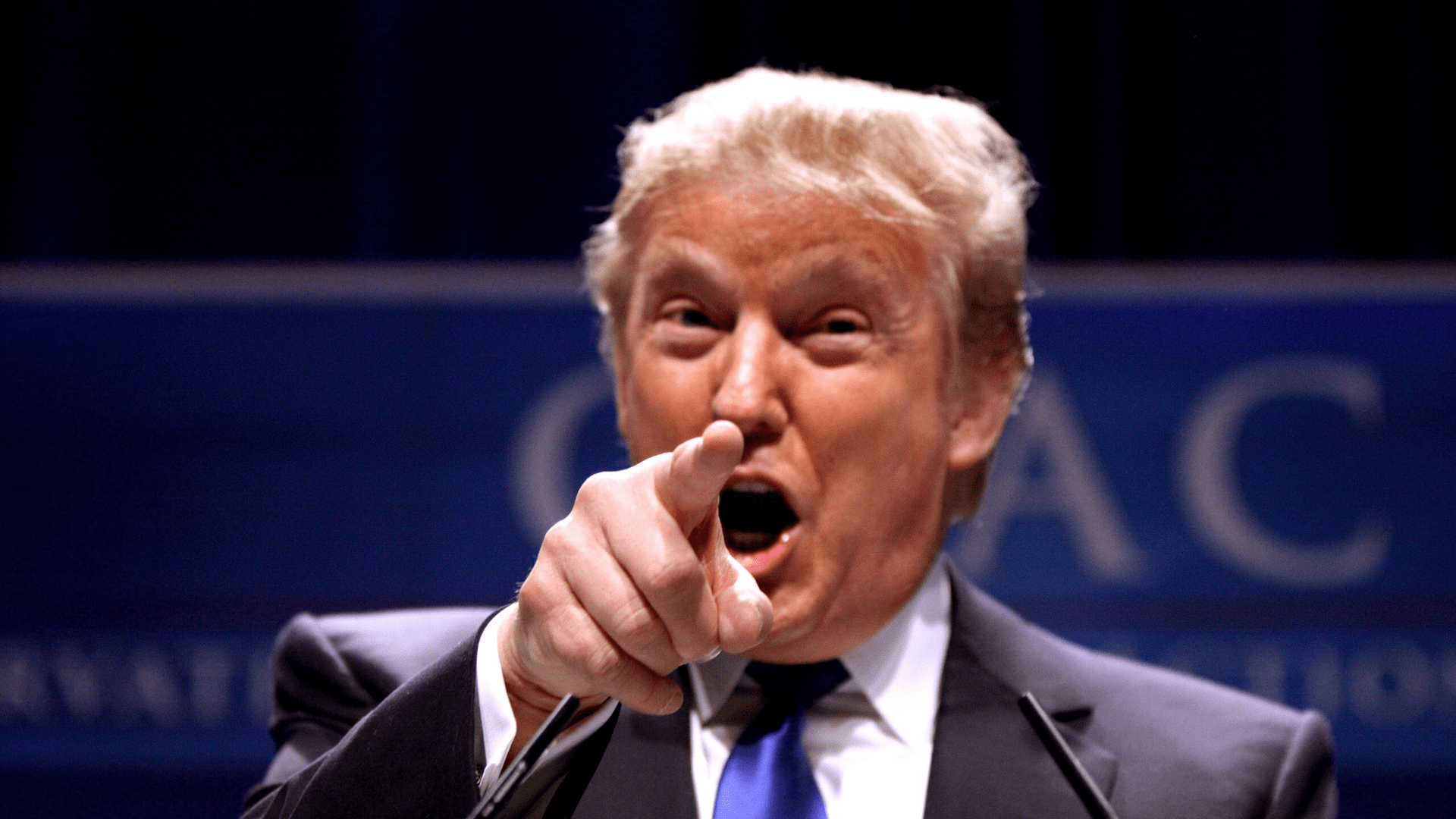
Hur’s report underscored the stark differences in the two cases, emphasizing Trump’s serious aggravating facts.
Notably, Trump allegedly defied document return requests, considered hiding records from authorities, and schemed to obstruct investigators by concealing security camera footage.
Trump Says the Just Department Should’ve Asked Him Again
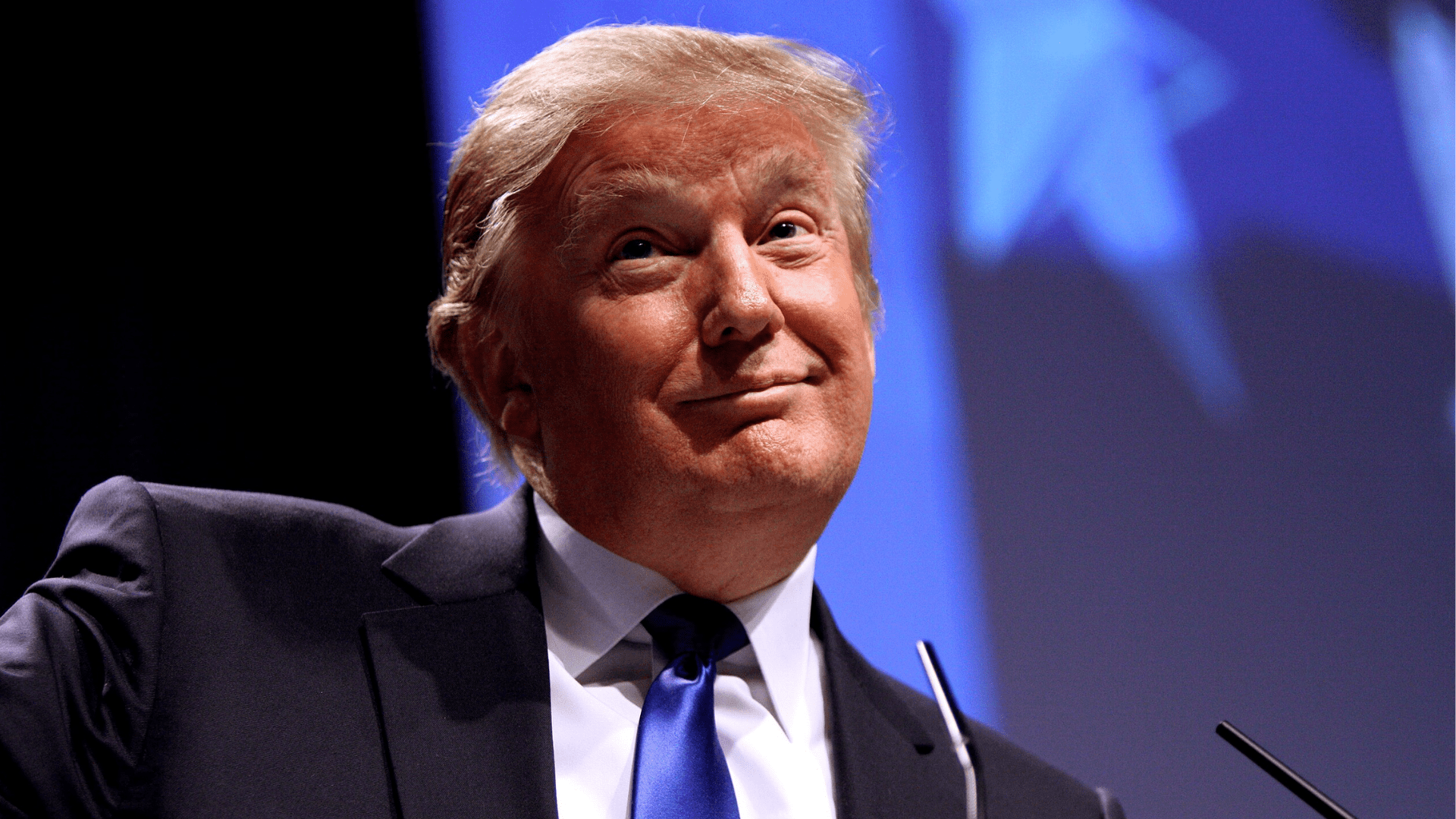
Trump expressed that the Justice Department could have obtained the documents by simply asking, a sentiment echoed by some Republican allies who criticized the decision to conduct the search at Mar-a-Lago.
Attorney General Merrick Garland approved the move, and a Florida judge granted the search warrant. Rep. Dan Crenshaw, R-Texas, questioned the necessity of the raid, stating Trump had been cooperating on the matter for months, deeming it “hard to justify” and suggesting it carried a political undertone due to Trump’s potential candidacy.
What Dan Crenshaw Had to Say
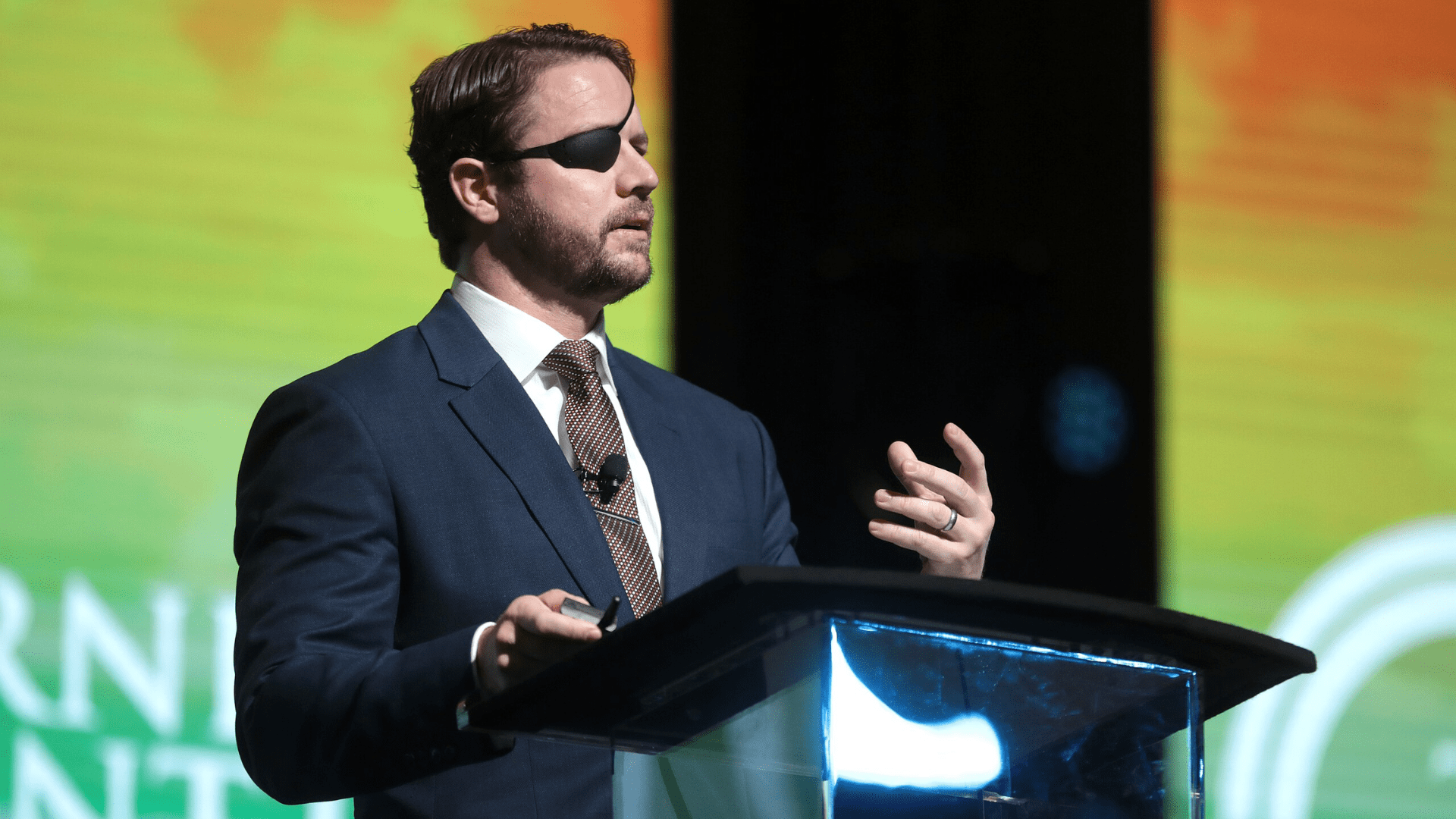
Crenshaw, engaging in a discussion with Tapper, admitted that the government had been attempting for over a year to retrieve documents from Trump. He suggested that the Justice Department could have issued a new subpoena or made another request.
Justin Discigil, Crenshaw’s chief of staff, clarified that the FBI had a cordial visit with Trump in June, collecting additional documents and obtaining security footage from Mar-a-Lago. However, there were no further requests or subpoenas before the search.
Legal Experts Say Justice Department Not Required to Issue Multiple Subpoenas
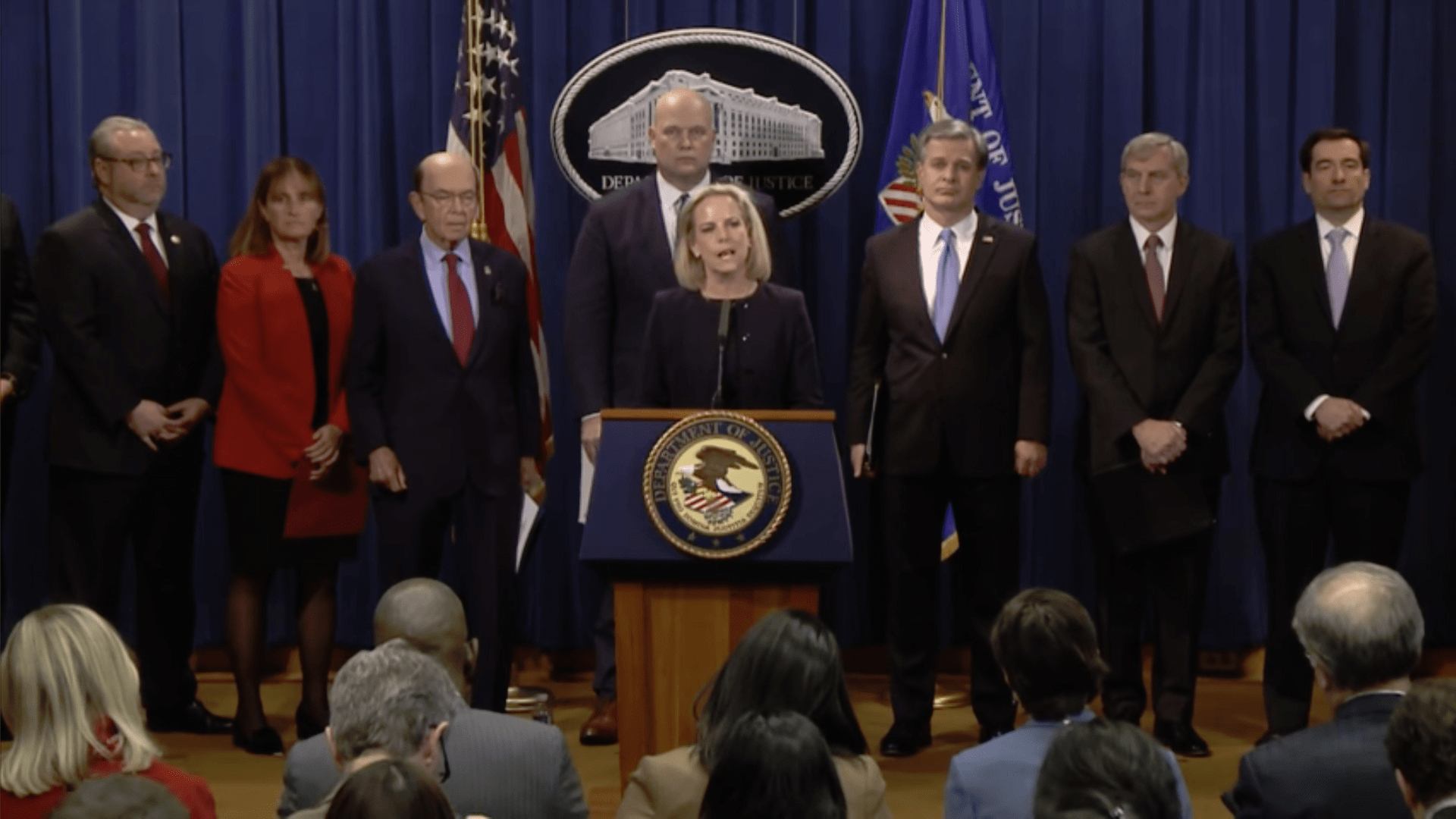
Discigil criticized the unprecedented move of executing a search warrant on a former president’s home, but legal experts emphasized that the Justice Department, even with a high-profile figure, is not obligated to issue multiple subpoenas.
They argue that if concerns about classified documents exist, the FBI’s decision to proceed with a search warrant reflects the level of apprehension that anything less might not ensure the complete retrieval of remaining classified records.
Did Trump Declassify Documents Without Security Clearance?

Prosecutors accused Trump of displaying classified documents to individuals without security clearances, seeking assistance in hiding records, and actively resisting government efforts.
His actions, including attempting to withhold records and obstructing the investigation, were deemed serious aggravating factors.
Reasons for the Differences Between Trump and Biden’s Cases
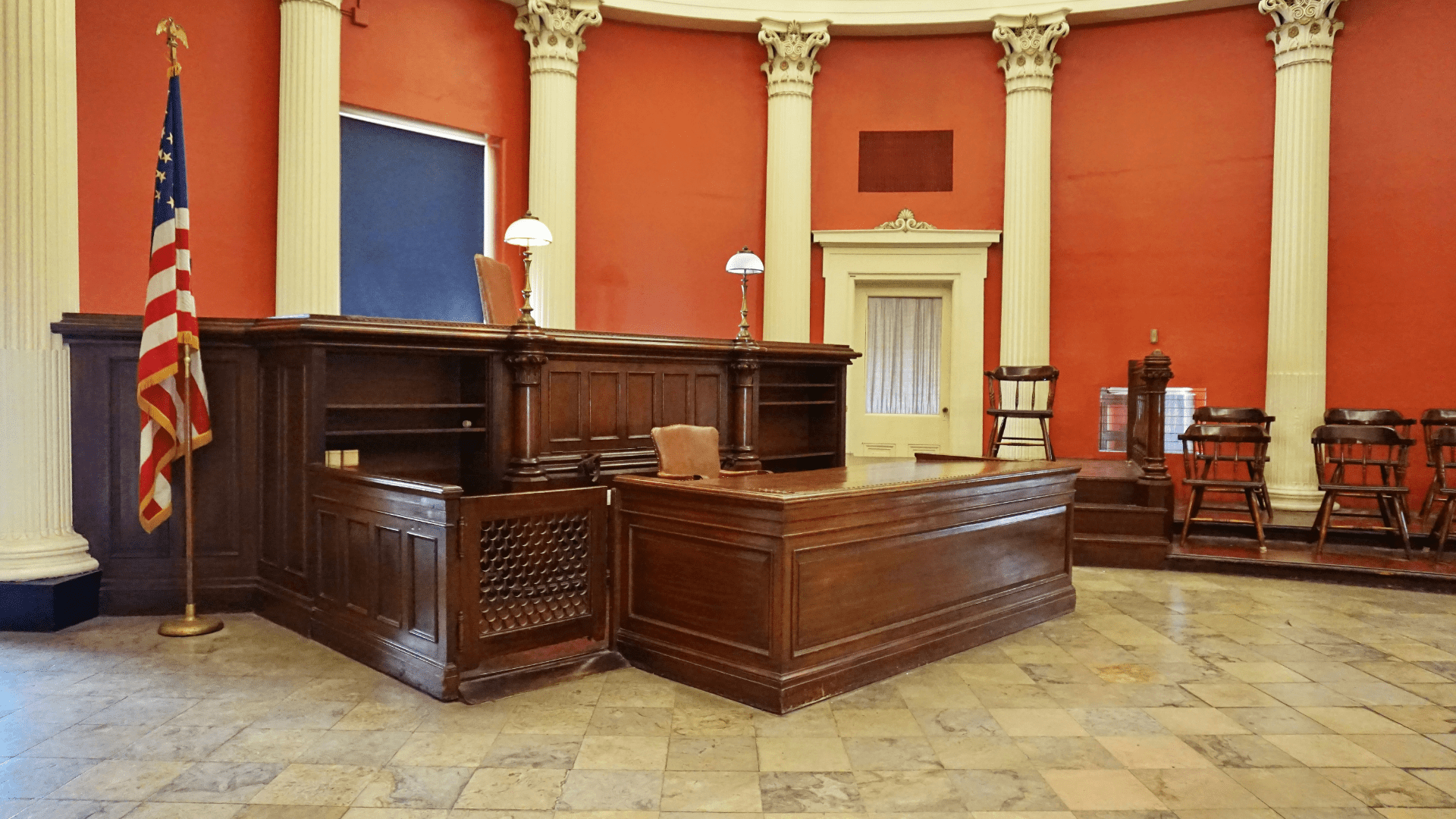
In comparing the investigations into Biden and Trump regarding classified documents, significant differences emerge.
While Biden’s case did not result in criminal charges due to insufficient evidence and potential defenses, Trump faces a trial for allegations involving serious aggravating factors, including defiance of document return requests and obstruction of the investigation. The nuanced analysis sheds light on the complexities surrounding classified information, legal considerations, and the role of intent in determining criminal liability.
